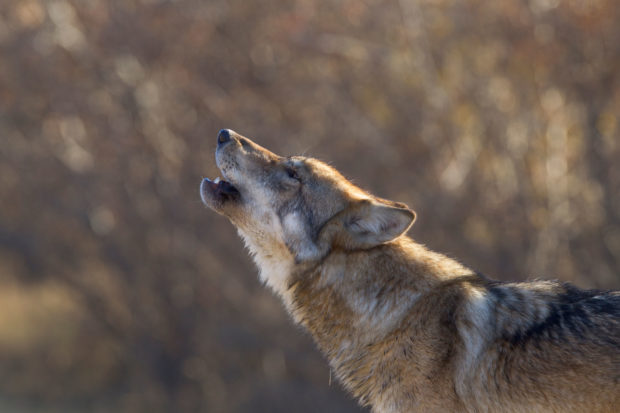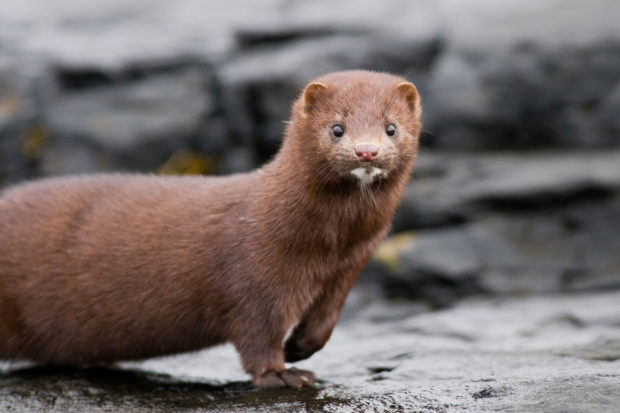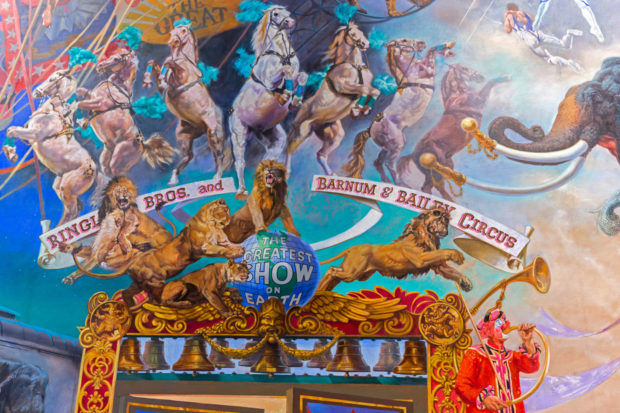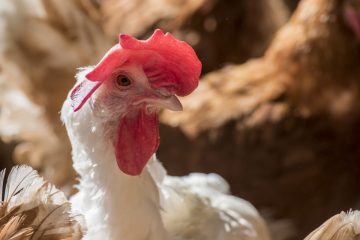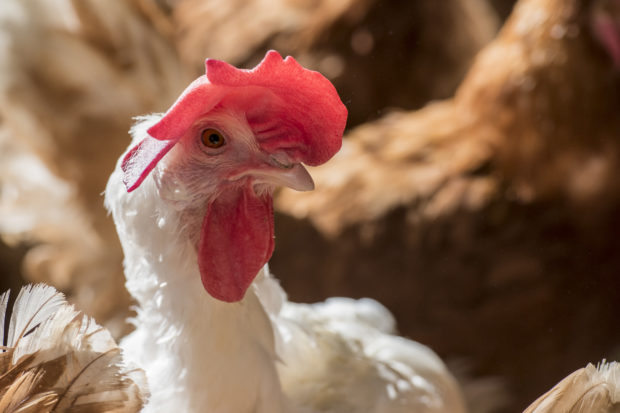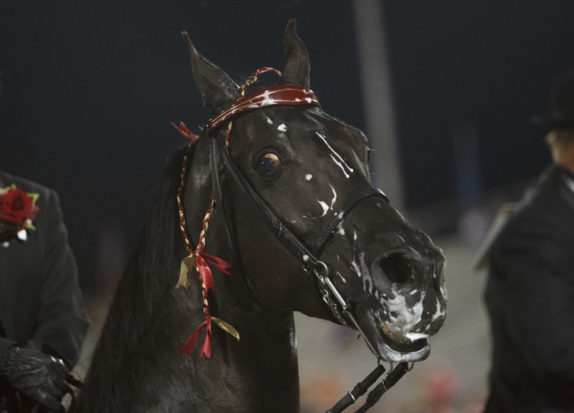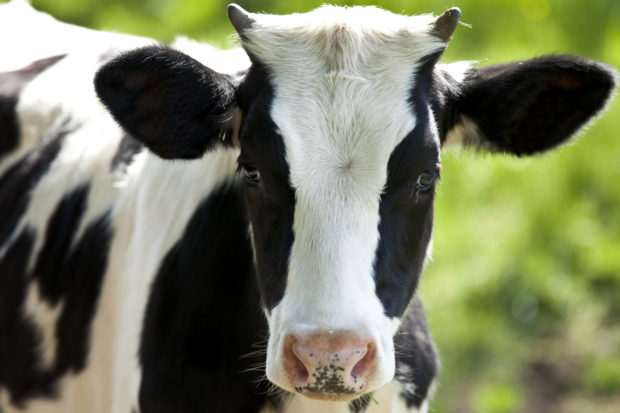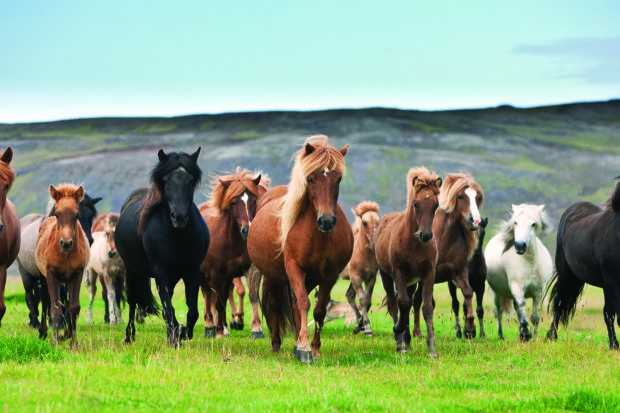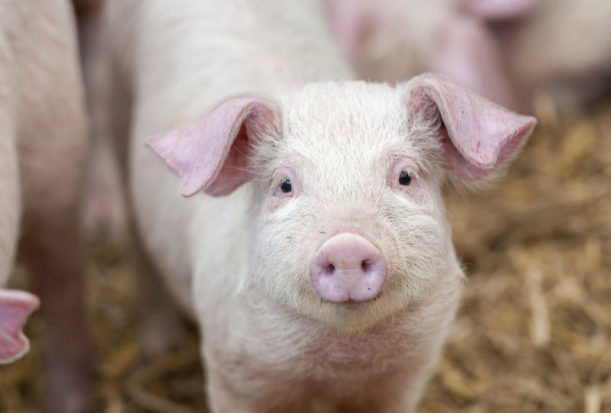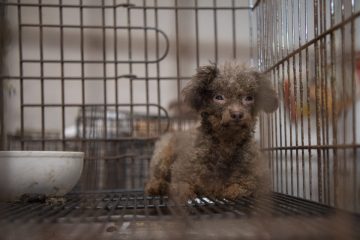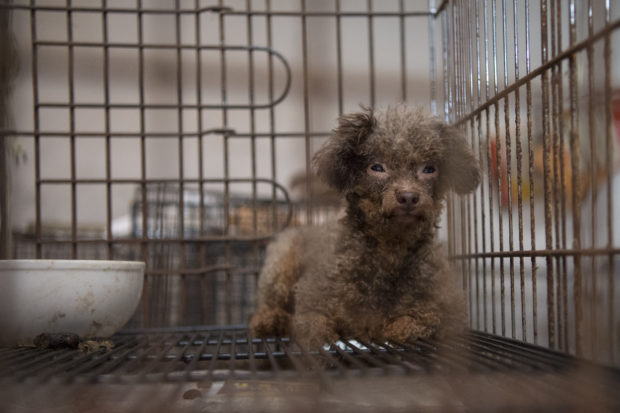A six-month reprieve for Yellowstone’s grizzlies
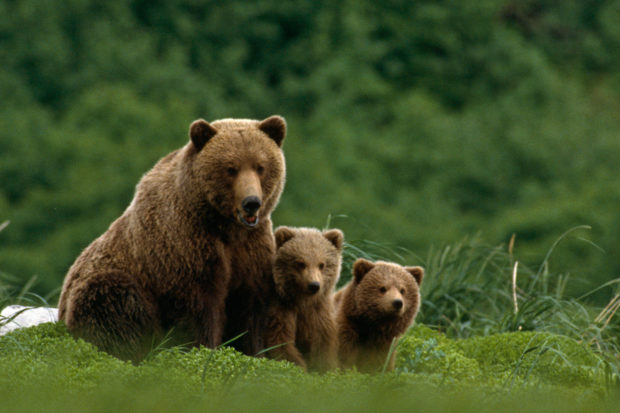
There are approximately 700 grizzly bears in the Greater Yellowstone area, and wildlife managers have cataloged more than 100 grizzly deaths during the past two years – most of them human-caused. Photo by Alamy
The Obama Administration has passed a flaming-hot coal to the Trump Administration – pushing to the incoming leadership at the Interior Department the decision to remove federal Endangered Species Act protections from grizzly bears. Yesterday, news outlets reported that a Rocky Mountain region official with the U.S. Fish and Wildlife Service said that the agency . . .
The post Breaking news: A six-month reprieve for Yellowstone’s grizzlies appeared first on A Humane Nation.
Related Stories
- While China cracks down on ivory trade, U.S. House sets up attack on Obama-era rules
- An open letter – looking back, and charging ahead in 2017
- Grizzly bear fate likely to rest with Trump Administration

